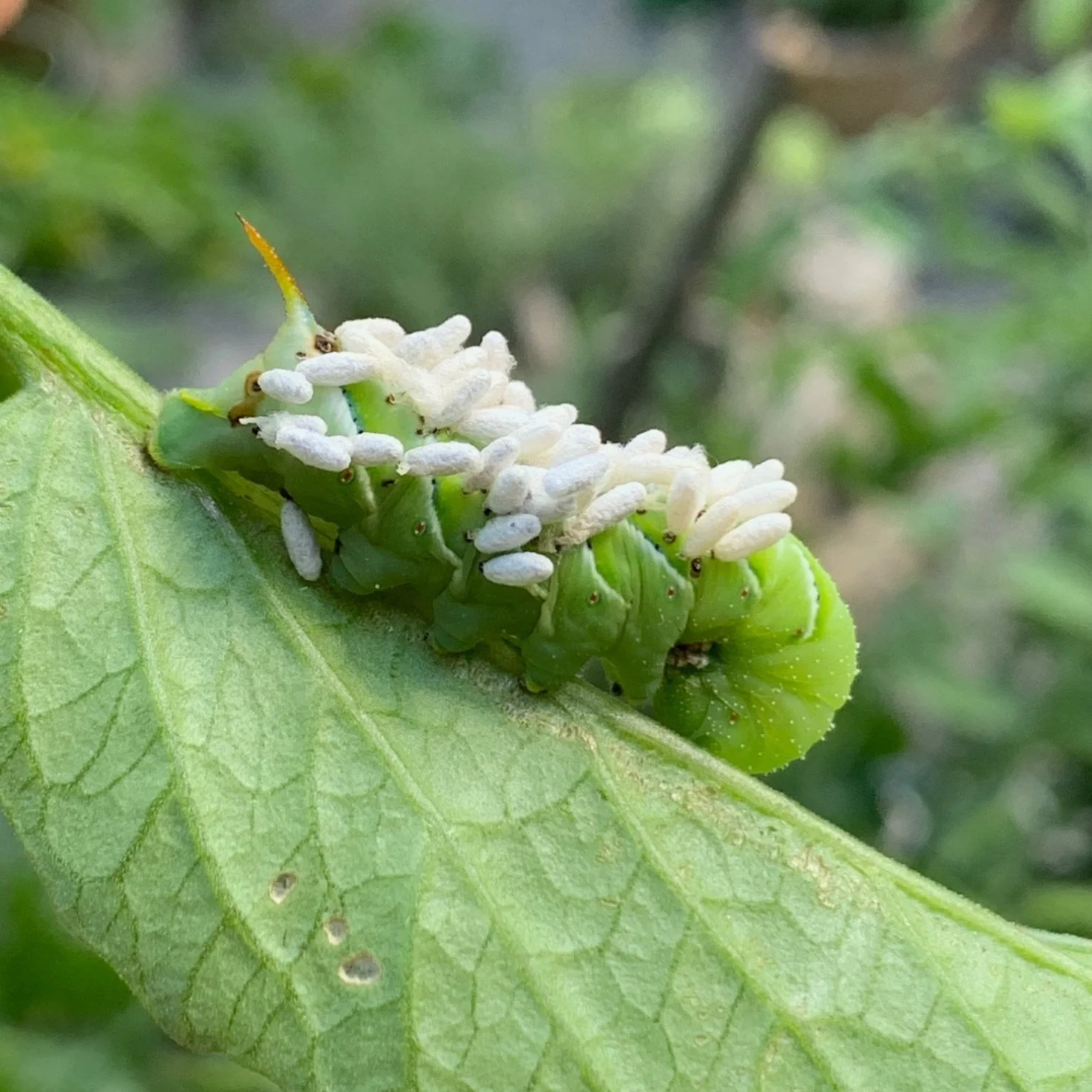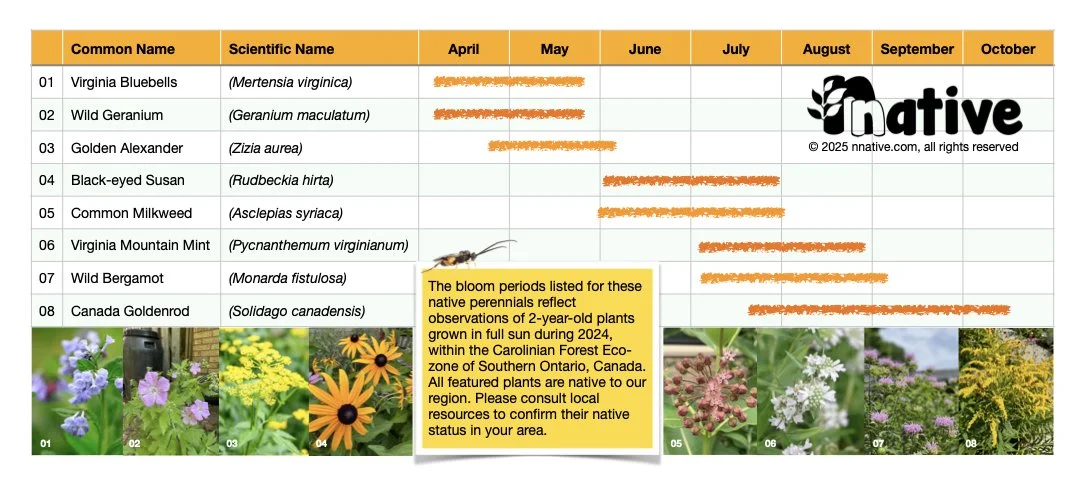Braconid Wasp
Braconid wasps (Braconidae) are tiny insects, measuring around half an inch in length, with distinctively slender waists. While they pose no threat to humans as they don't sting, they play a remarkable role in controlling other insects. As parasitoids, female Braconid wasps lay their eggs in or on a host insect. Once the eggs hatch, the larvae feed on the host, effectively eliminating it. Though it may sound gruesome, these wasps are invaluable allies in the natural control of garden pests.
Here's something worth considering: Braconid wasps are part of a larger group of beneficial insects known as natural enemies of pests. By supporting these wasps, you're contributing to a balanced ecosystem that reduces the need for chemical pest control. This not only protects the environment but also promotes healthier plants and soil.
There are numerous species of Braconid wasps, each often targeting specific hosts, such as cabbage worms or tomato hornworms. Adult wasps sustain themselves by feeding primarily on flower pollen and nectar. This underscores the importance of cultivating native plant species that attract them. Braconid wasps are particularly drawn to small florets, with a preference for blooms from the Asteraceae and Apiaceae families. To support them throughout the growing season, planting a diverse array of flowers that bloom at different times is key.
Here are some of our recommendations for creating a “year-round” feast:


